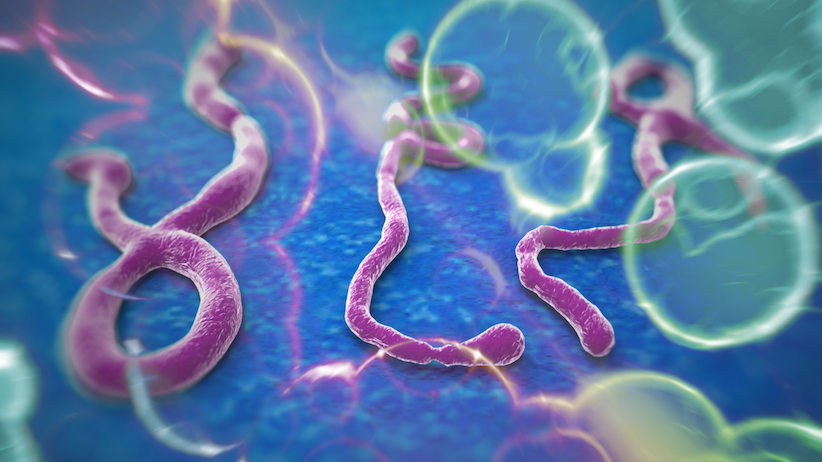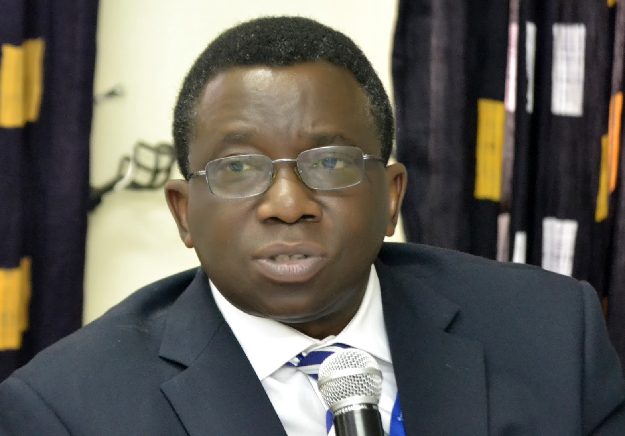BY OLUMIDE ADENMOSUN
During the Ebola pandemic that also rocked Nigeria dreadfully from August to October 2014, I got a call from the BBC World Service – Newsday Live (UK) on the morning of the day that the index case from Liberia (Patrick Sawyer) died from Ebola Hemorrhagic Fever (EHF) right on Nigerian soil at a hospital in Obalende, Lagos, not far from where I once worked a few years ago.
The live news radio show wanted me to share the Nigerian sentiment and general reaction of the country to the news of a potential outbreak that was soon to claim seven more lives in the subsequent weeks. Then the BBC news anchor asked me one final question: “Do you think Nigeria is capable of dealing with this sort of thing, because the Nigerian health system is chaotic at the best of times?”
I was thrown off balance on how to give a modest answer to the question. But then, I was able to shift the focus from our inadequacies as a nation to a practical solution which we can begin with, in order to prevent a country-wide outbreak at the most. Well, then, I heaved a sigh of relief after the interview that I did not get to paint my country darker than it was already, considering that the health system was indeed chaotic as doctors were in fact on strike at all federal health institutions at this time when Ebola arrived.
A few weeks after, when Nigeria was declared Ebola-free in October 2014, I teamed up with a couple of Nigerian scientists within the country and in the Diaspora to test and adapt a more efficient rapid diagnostic test kit for the Nigerian market. We were able to conduct preliminary sensitivity, specificity and predictive tests at a reference lab for Ebola diagnosis in the country where we were able to confirm the functionality of the adapted kits on live samples from the Ebola outbreak that earlier rocked the country, and on samples from Sierra-Leone where lives were lost to EHF in the thousands.
Advertisement
We attempted to get the Nigerian health ministry to adopt this indigenously tested diagnostic tool to further aid early and quick detection of possible carriers at our ports of entry in order to mitigate a future resurgence. But since we were no longer under any more imminent threat, the interest was lost and everything returned to business as usual in preparation for the elections and subsequent change in government.
Undeterred and curious about establishing possible prevalence of existing animal reservoir hosts for Ebola in our tropical savannah region, where all manner of Bat species are abundantly present, we were able to randomly carry out diagnostic nucleic acid tests on a few Bat samples. Surprisingly, there were some positive subjects with Ebola virus reservoirs, but such studies would not be sufficient to categorically establish prevalence due to a limited sample size. However there was little we could do as self-funded scientists, so a comprehensive proposal on conducting a multi-state explorative assessment at possible hot zones was put forward to the Nigeria Centre for Disease Control (NCDC) to further ascertain the prevalence of reservoir hosts in Bat populations and as well erect bio-surveillance systems that can help mitigate against possible future incidences of Ebola zoonoses.
While Bat species have been specifically pinned-down as the primary reservoir hosts of Ebola virus, the flying-mammal is not also a stranger to other infectives such as Corona viruses and the virus linked to latest pandemic (Zika) associated with microcephaly in newborns – currently ravaging South America. Close genetic studies have shown that although some of these viral reservoir hosts do not necessarily come down with the viral disease that affect humans, it appears that there are inherent adaptive mechanisms which confer some level of immunity on them against the viral agents being harbored in their system.
Advertisement
Some of these genetic molecules (such as microRNAs) have been the basis of the development of vaccine candidates that have shown to give a hundred per cent protection when experimented on non-human primates infected with the Ebola virus. With the possible prevalence of these animal species in Nigeria, we may also be able to identify, mine, purify and abundantly synthesize a repertoire of potent candidate vaccines from Bat species at reputable genomic laboratories even within Nigeria so we can also be ready for a future pandemic whenever it happens.
Since most Nigerian health institutions are heavily dependent on donor agencies to help execute such capital projects, the need for an initial public health assessment and prevalence studies on Ebola/Zika Bats may have dangerously stagnated for a while now. Every local donor agency that has been approached – including some of the top-tiered foundations belonging to corporate organizations that have largely benefitted from the Nigerian consumer wealth system, and even UN organizations saddled with such technical health responsibilities for the nation – have been unable to commit to such public health projects that can be of immense positive benefit to the nation.
Rather than put out a harmless flame that may start a forest fire if ignored, the only agencies that have so far shown some interest in such preventive health assessment projects are those belonging to the American government. However, we are yet to accept any help from such external sources at this point, because when intellectual properties are being stumbled upon, they automatically become their proprietary rights – first to be used for their own benefits in any global health emergency, before considering to help any other sovereign state and their corporate benefactors who may have certain reservations at making rewarding health investments or committing to such social responsibilities for public health. We therefore implore the Nigerian government and their counterparts in the rest of Africa to begin to make concerted efforts at ensuring a strong commitment to their public health needs, both immediate and future, without having to always rely on foreign aids.
Adenmosun, a young scientist and Adjunct Instructor at Florida Atlantic University, USA, can be reached on [email protected]
Advertisement
Add a comment






